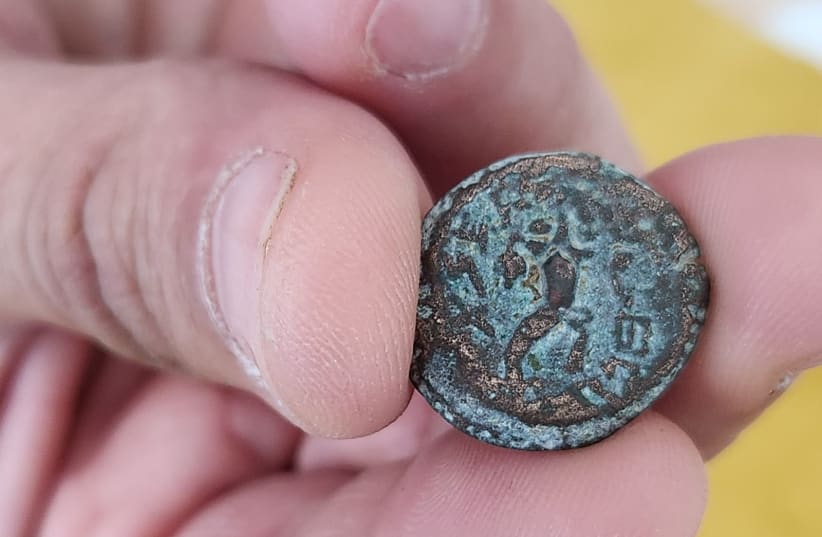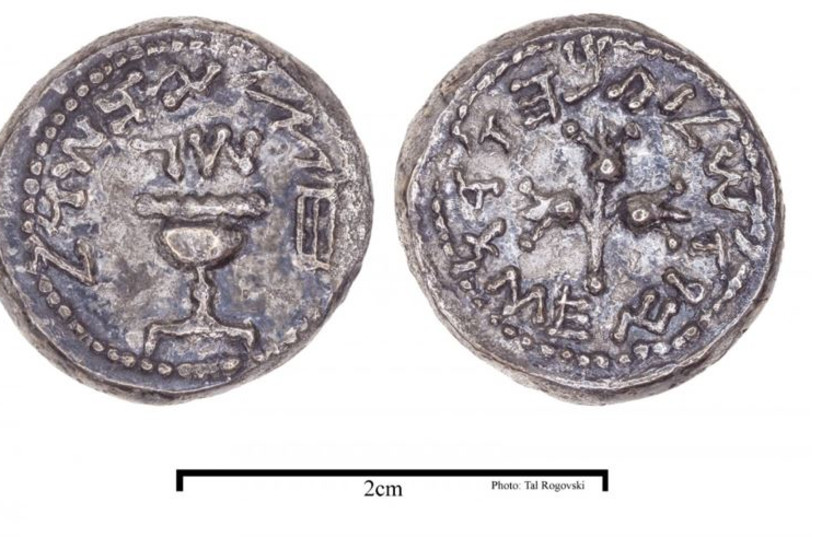Gold and silver coins from the 17th and 18th centuries were discovered in Poland, according to an official cited by CBS News on Monday. The coins are thought to have belonged to the notorious Polish fraudster Anthony Jaczewicz, a figure famous in local folk law.
"The coins we recovered may be part of this legendary treasure collected by Jaczewicz," said Sebastian Grabowiec, who heads the exploration group that found the coins, in comments to the government-backed Polish science organization PAP.
The coins now sit in an archaeological museum in Ostrowiec Świętokrzyski.
The myth of Anthony Jaczewicz
Thought until now to be a local legend, the Provincial Office for the Protection of Monuments in Kielce have begun analyzing the coins to see if the myths were, in fact, fact.
Jaczewicz reportedly Świętokrzyskie Mountains around the year 1708, where he established something resembling a settlement at the same time a widespread and deadly plague hit Poland.
Using the plague to his advantage, Jaczewicz used his position as a preacher to spread around that he had healing powers.
Made desperate by the worsening health situation, Jaczewicz was said to have amassed a small fortune as people flocked to him for aid.
The con was said to be so successful that Jaczewicz was able to hire security who often stole property from others in the settlement.
Jaczewicz was later captured by aristocrats, but escaped detainment only to be captured again and tried in 1712 by a court in Krakow.

